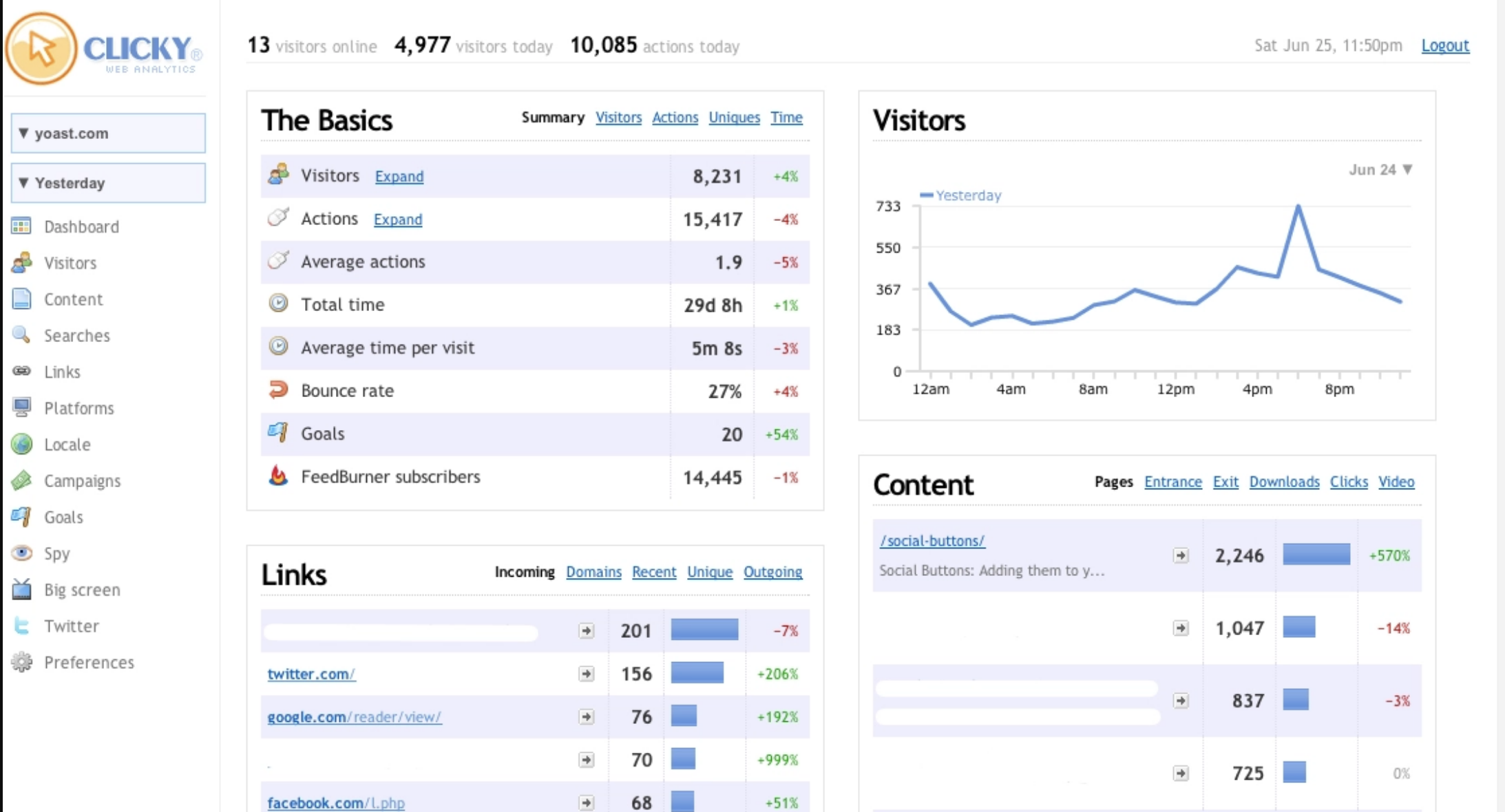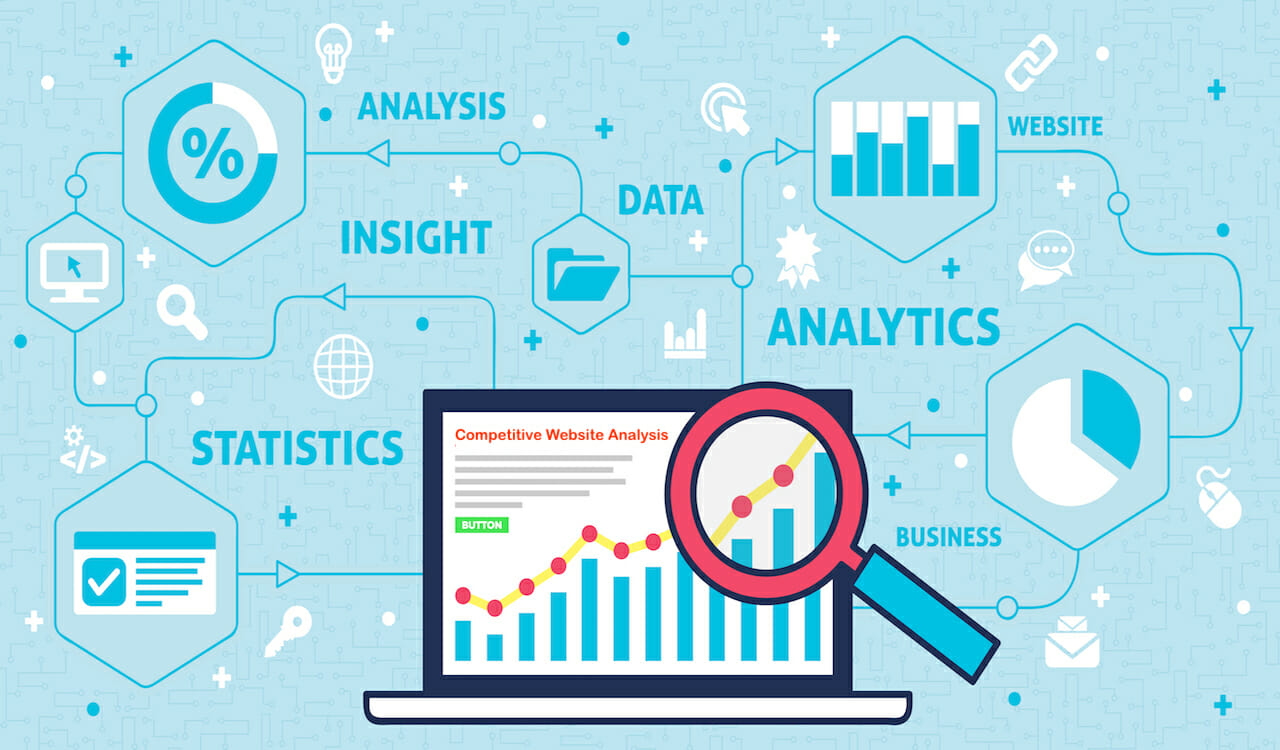Cutting-Edge Website Analysis: Empowering Your Digital Success
Curious about the inner workings of your website? Enter the realm of online website analysis tools!
An online website analysis tool is a digital that dissects your website's performance, providing valuable insights to optimize your online presence. It's like having a microscope for your website, revealing hidden opportunities for growth.
These tools empower you to understand your website's strengths and weaknesses, from visitor behavior to technical SEO. By analyzing metrics like traffic sources, bounce rates, and page load speeds, you can pinpoint areas for improvement, ensuring your website operates at its peak potential.
- Scottie Schefflers Baby Gender Welcome A New Heir Or Heiress
- Discover The World Of Reginae Carter Her Life Career And Legacy
In today's competitive digital landscape, online website analysis tools are indispensable for businesses seeking to stay ahead. Embrace these tools and unlock the secrets to a successful online presence.
Online Website Analysis Tool
In the digital realm, success hinges on the ability to analyze and optimize your website's performance. Enter the online website analysis tool, a powerful ally that empowers you to dissect your website's inner workings and uncover hidden opportunities for growth.
- Diagnostics: Uncover technical issues, broken links, and performance bottlenecks.
- Traffic Analysis: Track website traffic, identify sources, and understand user behavior.
- Content Performance: Measure engagement, bounce rates, and conversion rates for different content.
- SEO Optimization: Analyze keyword rankings, backlinks, and other SEO metrics to improve visibility.
- Competitor Benchmarking: Compare your website's performance to competitors and identify areas for improvement.
These key aspects provide a comprehensive framework for website analysis, enabling you to make informed decisions about design, content, and marketing strategies. By leveraging these tools, you can gain a competitive edge, boost user engagement, and drive measurable results for your online presence.
- The Heartbreaking Family Tragedy Of Abby And Brittany Hensel
- Jamie Lynn Spears Joins The Cast Of Young Sheldon
Diagnostics
Diagnostics, a crucial aspect of online website analysis tools, empower you to identify and resolve technical issues that can hinder user experience and website performance.
- Identifying Broken Links: Broken links not only frustrate users but also harm your website's credibility and SEO rankings. Website analysis tools scan your website to detect broken links, enabling you to promptly fix them and maintain a seamless user experience.
- Uncovering Technical Issues: Website analysis tools go beyond broken link detection, delving deep into your website's technical infrastructure to uncover issues such as slow loading speeds, rendering problems, and coding errors. By addressing these issues, you can ensure your website operates at its optimal performance.
- Performance Bottlenecks: Performance bottlenecks can significantly impact user engagement and conversion rates. Website analysis tools pinpoint these bottlenecks, such as large image sizes or inefficient code, allowing you to optimize your website for faster loading speeds and improved user satisfaction.
By leveraging the diagnostic capabilities of online website analysis tools, you gain a comprehensive understanding of your website's technical health, empowering you to resolve issues proactively and enhance the overall user experience.
Traffic Analysis
Website traffic analysis lies at the heart of online website analysis tools, providing invaluable insights into who is visiting your website, where they come from, and how they interact with your content.
Understanding website traffic is crucial for several reasons:
- Measuring Website Performance: Website traffic serves as a key indicator of your website's performance. By tracking website traffic, you can gauge the effectiveness of your marketing campaigns, content strategy, and overall website design.
- Identifying Traffic Sources: Website analysis tools help you identify the sources of your website traffic, such as organic search, social media, paid advertising, and referral websites. This knowledge empowers you to optimize your marketing efforts and allocate your resources effectively.
- Understanding User Behavior: Website analysis tools provide detailed insights into user behavior on your website. You can track metrics like bounce rates, time on page, and page views to understand how users navigate your website and identify areas for improvement.
By leveraging the traffic analysis capabilities of online website analysis tools, you gain a comprehensive understanding of your website's audience and their behavior. This knowledge is essential for optimizing your website's content, design, and marketing strategies to drive better results.
Content Performance
Content Performance analysis is a cornerstone of online website analysis tools, providing critical insights into how your website's content resonates with your audience. By measuring engagement, bounce rates, and conversion rates, you can identify what content performs well and what needs improvement.
- Engagement Metrics: Engagement metrics, such as time on page, scroll depth, and click-through rates, measure how users interact with your content. High engagement indicates that your content is capturing their attention and encouraging them to explore further.
- Bounce Rates: Bounce rates measure the percentage of visitors who leave your website after viewing only one page. High bounce rates can signify content that is irrelevant, poorly written, or difficult to navigate.
- Conversion Rates: Conversion rates track the percentage of visitors who take a desired action on your website, such as making a purchase, signing up for a newsletter, or downloading a whitepaper. Analyzing conversion rates helps you identify which content is most effective at driving desired outcomes.
By analyzing content performance, you gain a deep understanding of your audience's preferences and behaviors. This knowledge empowers you to create more engaging, relevant, and effective content that drives higher engagement, lower bounce rates, and improved conversion rates.
SEO Optimization
In the realm of digital marketing, search engine optimization (SEO) plays a pivotal role in enhancing a website's visibility and organic traffic. Online website analysis tools provide comprehensive SEO optimization capabilities, enabling you to analyze keyword rankings, backlinks, and other critical SEO metrics to improve your website's search engine visibility.
- Keyword Research: Identifying relevant keywords and phrases that your target audience is searching for is essential for effective SEO. Website analysis tools offer keyword research functionality, helping you discover high-value keywords to incorporate into your website's content and metadata.
- Backlink Analysis: Backlinks, or links from other websites to your website, are a significant ranking factor for search engines. Website analysis tools provide detailed backlink analysis, allowing you to assess the quality and quantity of your backlinks and identify opportunities for building valuable backlinks.
- On-Page Optimization: On-page optimization involves optimizing your website's content and structure to improve its relevance and user experience. Website analysis tools offer insights into on-page elements such as title tags, meta descriptions, and header structures, helping you ensure your website meets search engine guidelines and user expectations.
- Technical SEO: Technical SEO focuses on optimizing your website's technical infrastructure to improve its crawlability and indexability for search engines. Website analysis tools provide technical SEO analysis, identifying issues such as broken links, site speed, and mobile responsiveness, enabling you to address these issues and enhance your website's technical performance.
By leveraging the SEO optimization capabilities of online website analysis tools, you gain a comprehensive understanding of your website's SEO performance and opportunities for improvement. This knowledge empowers you to implement effective SEO strategies that drive higher organic traffic, improve search engine rankings, and ultimately achieve your digital marketing goals.
Competitor Benchmarking
In the competitive digital landscape, understanding your website's performance relative to your competitors is crucial for identifying areas of improvement and driving growth. Competitor benchmarking, a key aspect of online website analysis tools, provides valuable insights into your competitors' strengths, weaknesses, and strategies.
- Identifying Competitive Advantage: By comparing your website's performance to that of your competitors, you can pinpoint areas where you excel and where you need to improve. This knowledge empowers you to differentiate your website and gain a competitive advantage.
- Understanding Industry Trends: Competitor benchmarking provides insights into industry trends and best practices. By analyzing the strategies and tactics employed by your competitors, you can identify emerging trends and adapt your own strategies accordingly.
- Setting Realistic Goals: Benchmarking against competitors helps you set realistic goals for your website's performance. By understanding the industry standards and your competitors' achievements, you can establish achievable targets that drive continuous improvement.
- Uncovering New Opportunities: Competitor benchmarking can reveal untapped opportunities for growth and innovation. By studying your competitors' content, marketing campaigns, and customer engagement strategies, you can identify areas where you can differentiate your website and attract new customers.
Through competitor benchmarking, online website analysis tools empower you to make informed decisions, optimize your website's performance, and stay ahead in the competitive digital market.
Frequently Asked Questions about Online Website Analysis Tools
Online website analysis tools are powerful resources that provide valuable insights into the performance and effectiveness of your website. To help you understand and utilize these tools effectively, we have compiled a list of frequently asked questions and their answers.
Question 1: What are the key benefits of using an online website analysis tool?
These tools offer numerous benefits, including the ability to diagnose technical issues, analyze website traffic, measure content performance, optimize for SEO, and benchmark against competitors.
Question 2: How can I choose the right online website analysis tool for my needs?
Consider factors such as the features offered, ease of use, pricing, and customer support when selecting a tool. Explore different options and read reviews to find the best fit for your specific requirements.
Question 3: How often should I use an online website analysis tool?
Regularly monitoring your website's performance is recommended. Conduct analysis at least monthly, or more frequently if you make significant changes to your website or launch new marketing campaigns.
Question 4: What are some common mistakes to avoid when using online website analysis tools?
Avoid relying solely on one tool, as different tools provide different perspectives. Additionally, don't get overwhelmed by the data; focus on the most relevant metrics for your goals.
Question 5: How can I get the most value from an online website analysis tool?
Combine data from website analysis tools with other sources, such as Google Analytics and industry benchmarks. Use the insights gained to make informed decisions and implement improvements to enhance your website's performance.
Question 6: Are there any limitations to using online website analysis tools?
While these tools provide valuable information, they can't replace human analysis and interpretation. Additionally, some tools may have limitations in terms of data accuracy or the depth of insights they provide.
By understanding these frequently asked questions, you can effectively leverage online website analysis tools to optimize your website's performance and achieve your digital marketing goals.
Conclusion
In conclusion, online website analysis tools are indispensable for businesses and individuals seeking to optimize their online presence. These tools provide a comprehensive suite of capabilities to diagnose technical issues, analyze website traffic, measure content performance, optimize for SEO, and benchmark against competitors.
By leveraging the insights gained from website analysis tools, you can make informed decisions, implement targeted improvements, and drive measurable results. Embrace these powerful tools to gain a competitive edge, enhance user engagement, and achieve your digital marketing goals.



Detail Author:
- Name : Mrs. Charlene Price PhD
- Username : nikolaus.michale
- Email : mitchell07@barton.info
- Birthdate : 1976-10-22
- Address : 913 Jordyn Centers Turcottechester, MA 50357
- Phone : +1-680-536-0441
- Company : Stokes LLC
- Job : Visual Designer
- Bio : Aliquam iste quia asperiores voluptas nam repellendus. Optio nostrum id pariatur veniam magni omnis quae. Magni odio omnis architecto eius.
Socials
twitter:
- url : https://twitter.com/keenan5232
- username : keenan5232
- bio : Cum et quasi aliquid et et est deserunt. Porro perferendis quam iure doloribus. Alias et repellat voluptas unde omnis.
- followers : 3115
- following : 1549
linkedin:
- url : https://linkedin.com/in/keenan9536
- username : keenan9536
- bio : Aut quis nobis quasi et.
- followers : 401
- following : 2202